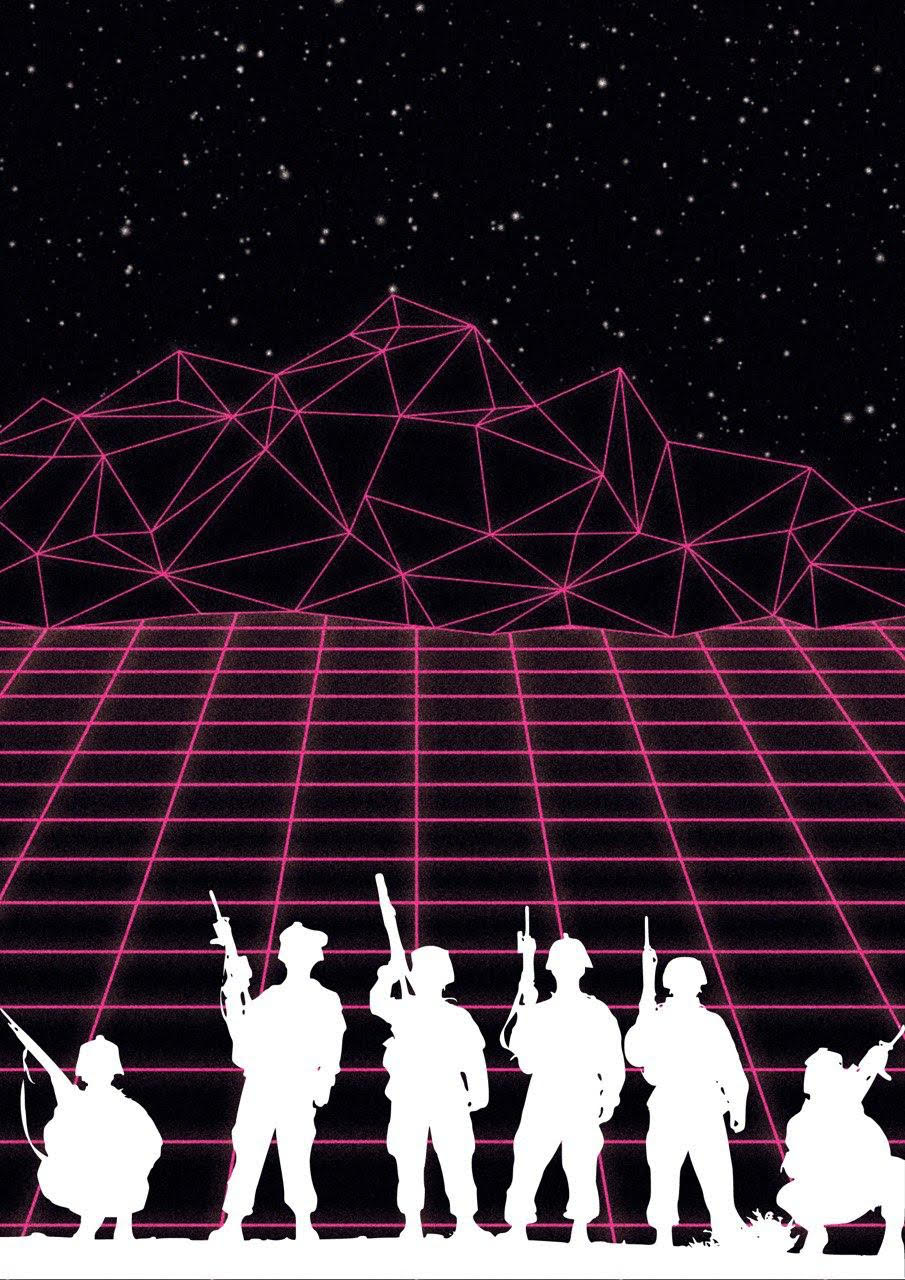Ukraine and the army of the future
A strategy for the European defense.
Column by Francesco Grillo published on the Italian newspapers Il Messaggero e il Gazettino del Nord Est
Scan of the paper edition

How much does an adequate shared security policy cost to Europe? This question has suddenly become crucial for the future of Europe, while war is quickly pushing us towards new historical decisions. With this scenario in mind, it is useful to recall the answer that Barack Obama gave to the Republican candidate Mitt Romney during the last debate before the 2012 elections. That evening, Obama's rival criticized the President for the amount of US ships and fighters in 2012, which was far less than after the Second World War. President Obama answered with irony: “I’ll give you a news Senator, you are right, and I’ll add that we also have less horses and bayonets than during the American Civil War. Nevertheless, the US army is today the most powerful one”.
His statement describes a paradox that every country and, above all, the European Union should take into consideration if it wants to build its own defense capability with scarce public resources.
Technologies can change the framework of what it is needed to have an independent defense capability.
As it always happens, when technology is seriously considered, every equation, often taken for granted, changes. It is not excluded though that there is a way to spend less and be more effective in defending our system.
In this regard, the same American obsession to force its allies to spend at least 2% of their GDP on weapons – Italy and Germany are widely under this limit, as shown in the graph below – can be misleading.
Graph 1 – Expense in defense on GDP (%, 2020)

Source: Vision on World Bank data
After all, the US expense in defense has been decreasing since 50 years ago (as shown in the graph below) and the Ukrainian case shows that purchasing weapons is not enough to ensure a quick victory.
Graf 2 – Defense expense evolution on GDP (%, 1960 - 2020)

Source: Vision on World Bank data
Actually, countries that have the capability of aggregating, processing and sharing data are more efficient at defending peace. Countries that have the analytic capability of transforming information to useful knowledge often win.
The Rand Corporation (a think tank created by the Pentagon research programs) claims that future armies, ships and airplanes will not need human beings to work. The future war will look like the one the Chinese General Sans Tsu recommended 2500 years ago in his “Art of War”: having a good knowledge of the enemy will enable you to win the best battles, the ones not fought.
Defense, military forces operations, “intelligence” in foreign countries, and communication are melting into a unique strategy that can allow David to hold off an arrogant Golia.
Therefore, the integration of European countries' defense capacity needs their modernization. In order to do so, three conditions should be fulfilled.
Firstly, it is fundamental to become digitally independent, reviving again how Europe can equip itself with infrastructures, human capital, raw materials control, which are needed to enter the global battle between US and China.
What Europe needs is a long chain made of undersea cables, satellites and analysts, but also of chips producers, platforms managers, and researchers who develop sensors. In all these sectors Europe depends on others, even energetically, which is the reason why it was inevitably forced to accept Putin as an ally.
Secondly, it is essential to build a society able to resist increasingly intensive shocks.
A security policy needs an enhancement of crisis analysis, but also a continuous update of our fragilities map: city, logistics, and communication. Being resilient means to share, as shown by the Ukrainian and the Israeli cases – a capital of technologies and know how to be used in cases of emergence. Paradoxically, our future defense will have less soldiers, it will rather deploy more programmers and “reservists”. The Vision think tank proposal to adopt the mandatory civil service could reach anyone.
Finally, a European security policy implies a political precondition that cannot be avoided any further. Sharing defense devices and information means to celebrate a strong union.
It is inconceivable to bend to unanimity and changes of mind. It means to have a command structure capable of taking decisions for all, which supposes that the “commander-in-chief” would have a political mandate, currently lacking at the European level.
The European foreign and security policy has been the dream of federalists for years: today, it is becoming a condition for its survival.This cannot be achieved by building an army such as the one fighting along the river that connects Kiev to Odessa. Perhaps making the Ukrainian war a sort of return to the Cold War period is a deliberate choice, although the future is far from the images of Russian tanks we have all seen over the last week. Once at its decisive crossroad, Europe will have to make a qualitative leap imagining a new way to defend peace.

